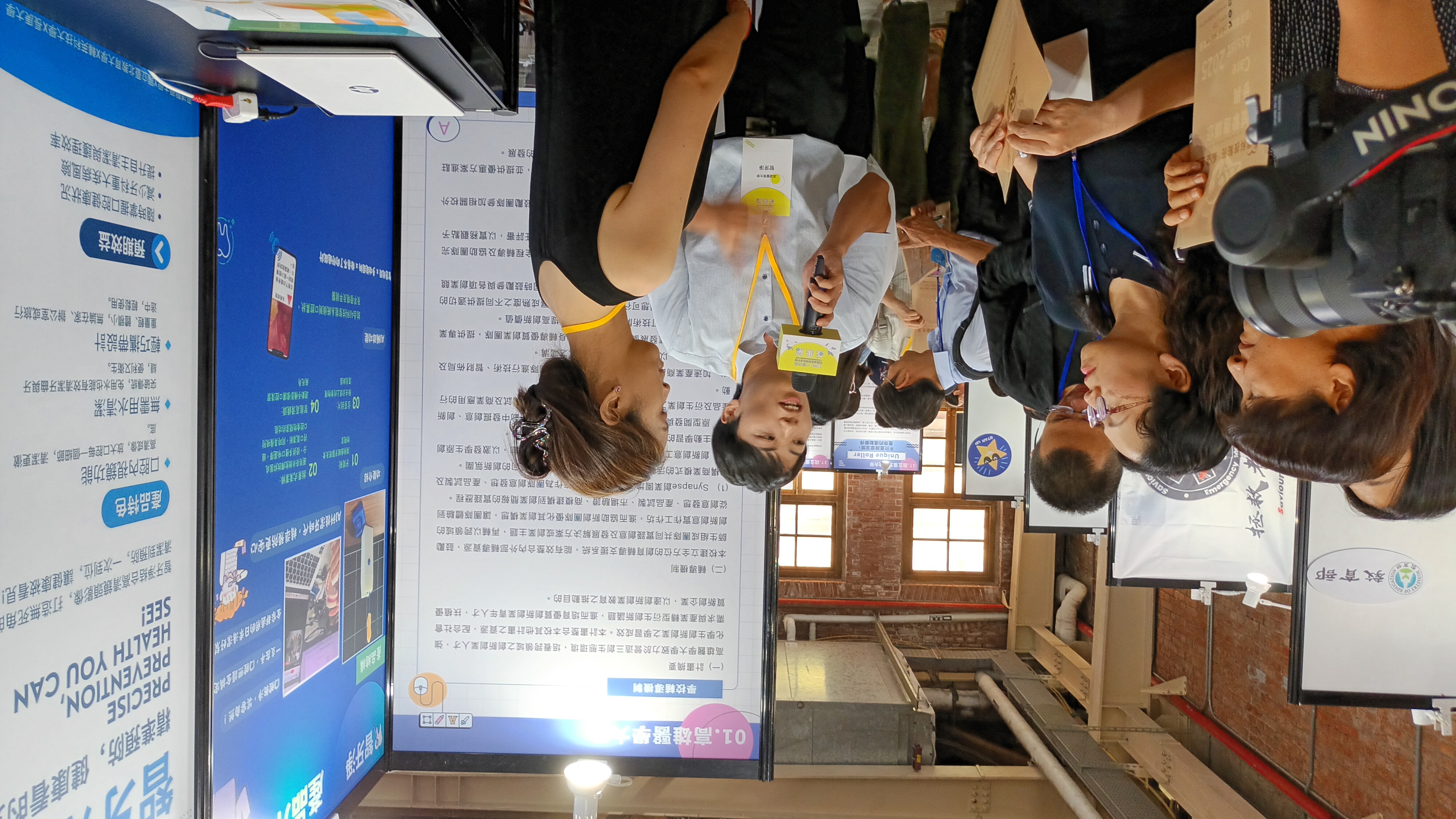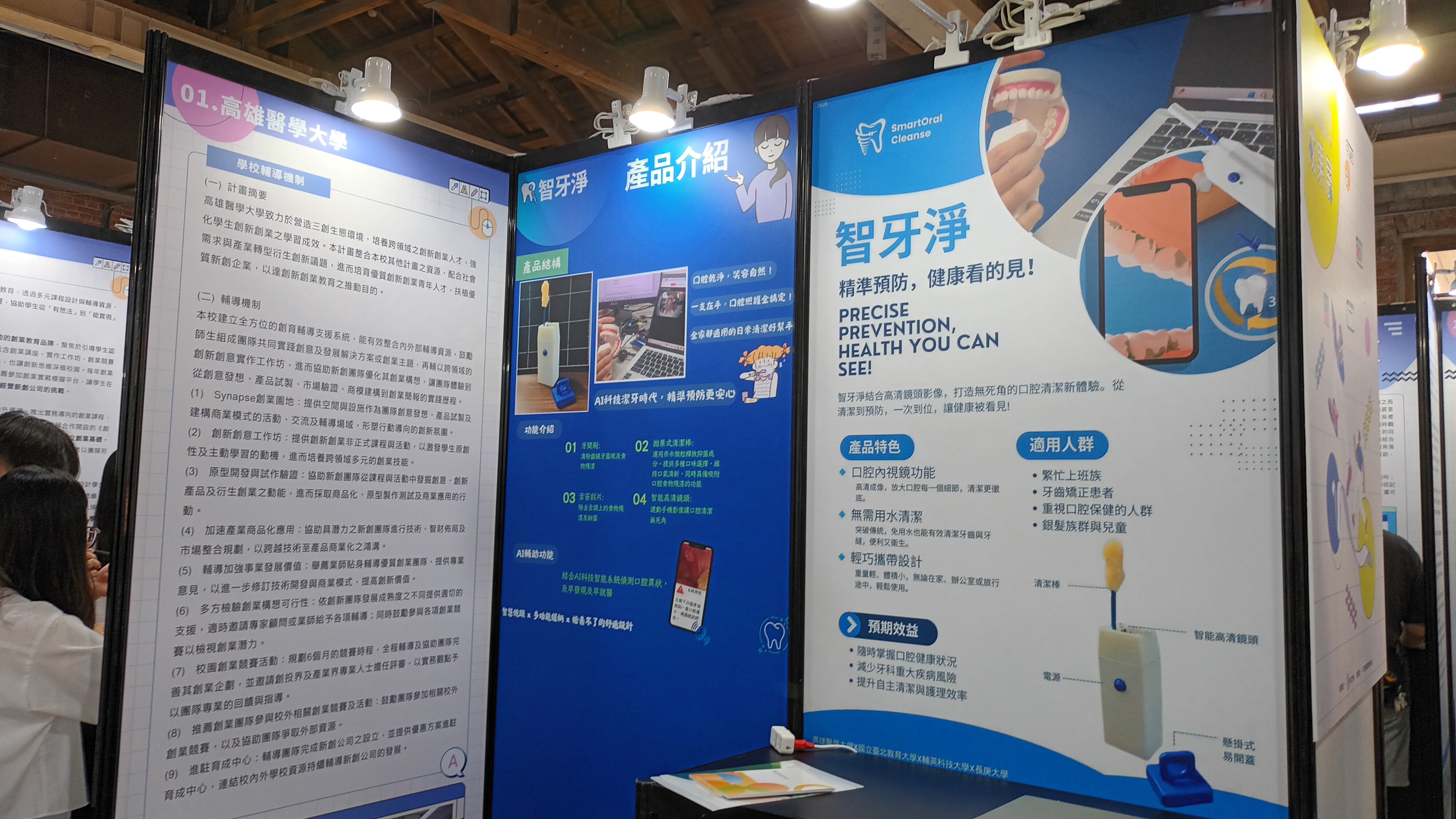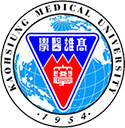This year, a cross-university team “SmartOral Cleanse,” formed by KMU student, was selected as an outstanding team in the Ministry of Education’s “University Innovation and Entrepreneurship Education Program – Startup Simulation Platform (SOS-IPO).” The team received a subsidy of NT$100,000 to support the plan to develop prototypes. On July 18–19, they also participated in the Ministry of Education’s 2024 “University Innovation and Entrepreneurship Program” Achievement Exhibition, where they presented their outcomes to ministry officials and guests, showcasing the industrial value of applying professional knowledge in healthcare. This gave students the opportunity to demonstrate leadership and exert social influence, building strength for future career development.
In the era of the University Entrance Examination, one’s lifetime was often determined by which academic department they were admitted to. Although more diverse choices are available today, the professional programs chosen at university still play a decisive role in shaping future careers. Yet, even after graduating and becoming doctors, pharmacists, nurses, medical technologists, etc., career paths remain filled with opportunities, challenges, and uncertainties. The rise of AI has further amplified career risks. According to the World Economic Forum’s “Future of Jobs Report 2025,” in addition to technical skills such as “AI and Big Data” and “Cybersecurity,” soft skills including “Creative Thinking,” “Resilience, Flexibility, and Agility,” “Curiosity and Lifelong Learning,” and “Leadership and Social Influence” rank among the top 10 most in-demand skills over the next five years. For universities focused on training medical professionals, an important challenge lies in ensuring that students not only gain specialized knowledge but also acquire these essential competencies and practical skills.
Since the 2020 academic year (AY109), KMU has received Ministry of Education funding for the “University Innovation and Entrepreneurship Education Program” for six consecutive years, supplemented by the Higher Education Sprout Project to strengthen foundational innovation and entrepreneurship education. Starting from scratch, the Office of Industry–Academia Collaboration leveraged Sprout Project resources to build the “Innovation and Creativity Workshop,” which emphasizes experiential learning and teamwork to inspire originality and provide hands-on entrepreneurial and management skills. In addition, the university’s Innovation and Entrepreneurship Competition, held for 13 consecutive years, has enabled students to develop innovative ideas into feasible business concepts. Through mentorship in business model design, along with direct feedback from industry and investment experts, student teams have honed resilience, flexibility, and agility. These efforts ensure that KMU students are better equipped with competitiveness to face future challenges.

